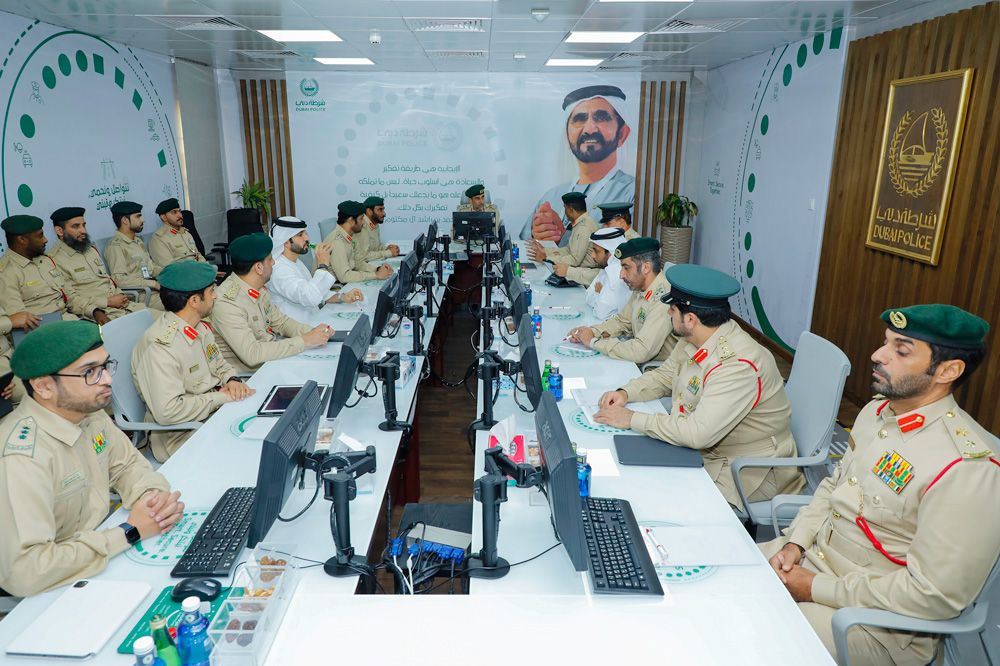Dubai, UAE – The latest Employee Loyalty in the MENA survey, conducted by Bayt.com and YouGov, highlights the critical factors influencing employee loyalty in the Middle East and North Africa (MENA) region. The survey provides insights into what actions can enhance loyalty and identifies elements that could potentially undermine it.
Stability and Satisfaction
The survey indicates a considerable degree of stability within the workforce, with 55% of respondents reporting a tenure of over four years with their current employers. This stability is reflected in the workplace satisfaction levels, where nearly 60% of employees expressed satisfaction with their current jobs. Furthermore, 33% of employees identified themselves as ‘very loyal,’ while 23% felt ‘somewhat loyal’ to their organizations.
Challenges to Loyalty
Despite the positive indicators, the survey also uncovered significant challenges to employee loyalty. A prominent issue is a lack of trust in management, cited by 48% of respondents. Additionally, 39% of employees expressed concerns about job security, which negatively impacts their loyalty.
High Engagement Levels
The survey finds that a majority of employees, 81%, are highly engaged with their work, demonstrating deep involvement in their daily tasks. Notably, 38% of employees showed a high level of loyalty by choosing to remain with their current employers even when offered potentially more lucrative opportunities elsewhere.
Insights from Leadership
Ola Haddad, General Manager at Bayt.com, emphasized the importance of understanding and nurturing employee loyalty. She noted the strong correlation between trust in leadership and employee allegiance, stating that transparency and recognition from management are crucial for building a loyal and engaged workforce. Bayt.com, with its extensive database of over 50 million job seekers and 40,000 job postings, aims to match job seekers with ideal roles and help employers find the perfect candidates.
Factors Influencing Loyalty
The survey identified several key factors contributing to employee loyalty. Basic salary emerged as a critical aspect for 54% of respondents, followed by employee-job fit (36%) and additional company benefits (32%). To boost loyalty, employees recommended increased recognition and rewards (60%), creation of growth opportunities (52%), and regular discussion forums to address grievances (50%).
Benefits of High Loyalty
Fostering high employee loyalty offers numerous benefits, including enhanced work quality (74%), increased willingness of employees to go the extra mile (67%), and positive word-of-mouth about the company (65%).
Loyalty Detractors
Several factors were identified as potential detractors of employee loyalty. Neglecting employee suggestions (56%), heavy workloads or unequal distribution of responsibilities (54%), lack of open communication with managers (51%), and assigning unprepared employees to certain tasks (48%) were highlighted as major sources of dissatisfaction.
Employee Advocacy
A significant 54% of employees would recommend their company as a respectable place to work, and 68% expressed pride in discussing their company’s products and services, positively impacting the organization’s reputation.
Expert Insights
Zafar Shah, Account Director at YouGov, remarked on the complex interplay between job security, satisfaction, and loyalty in the MENA region. He highlighted that employees who feel valued through fair compensation, job fit, and career opportunities are more likely to be engaged and speak positively about their companies.
The survey data was collected online from June 6 to 14, 2024, with a sample of 862 respondents from various countries in the MENA region, including the UAE, Saudi Arabia, Kuwait, Oman, Qatar, and several others.















